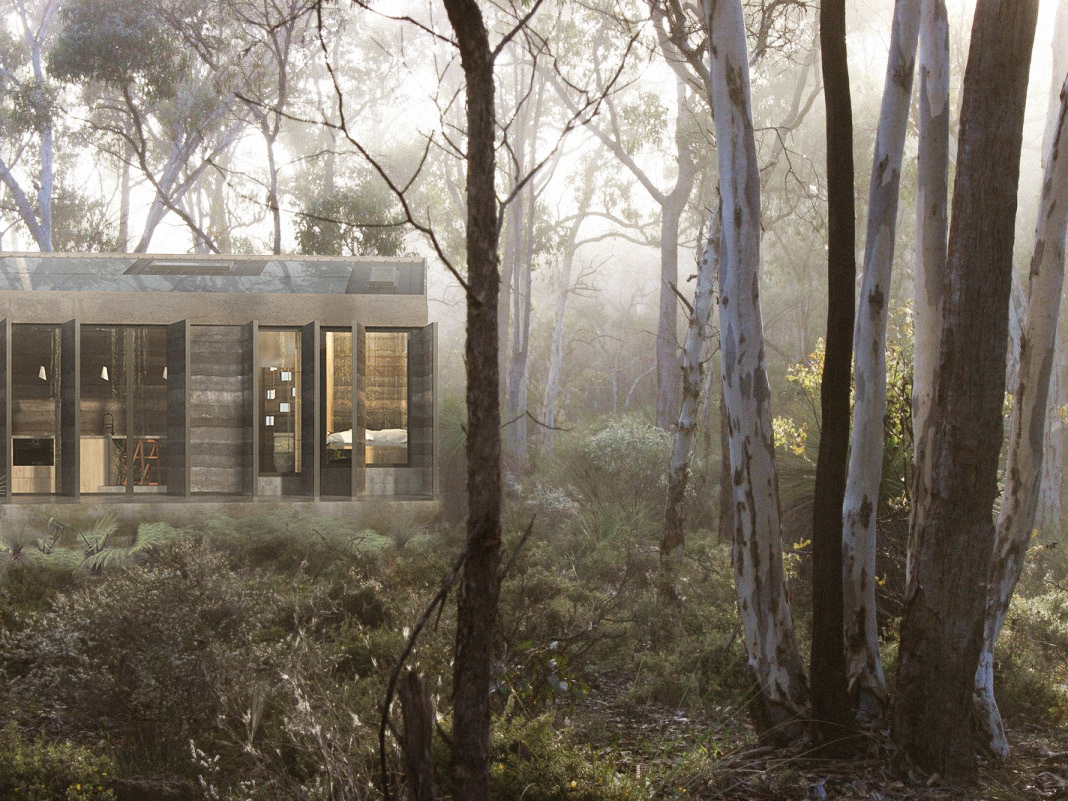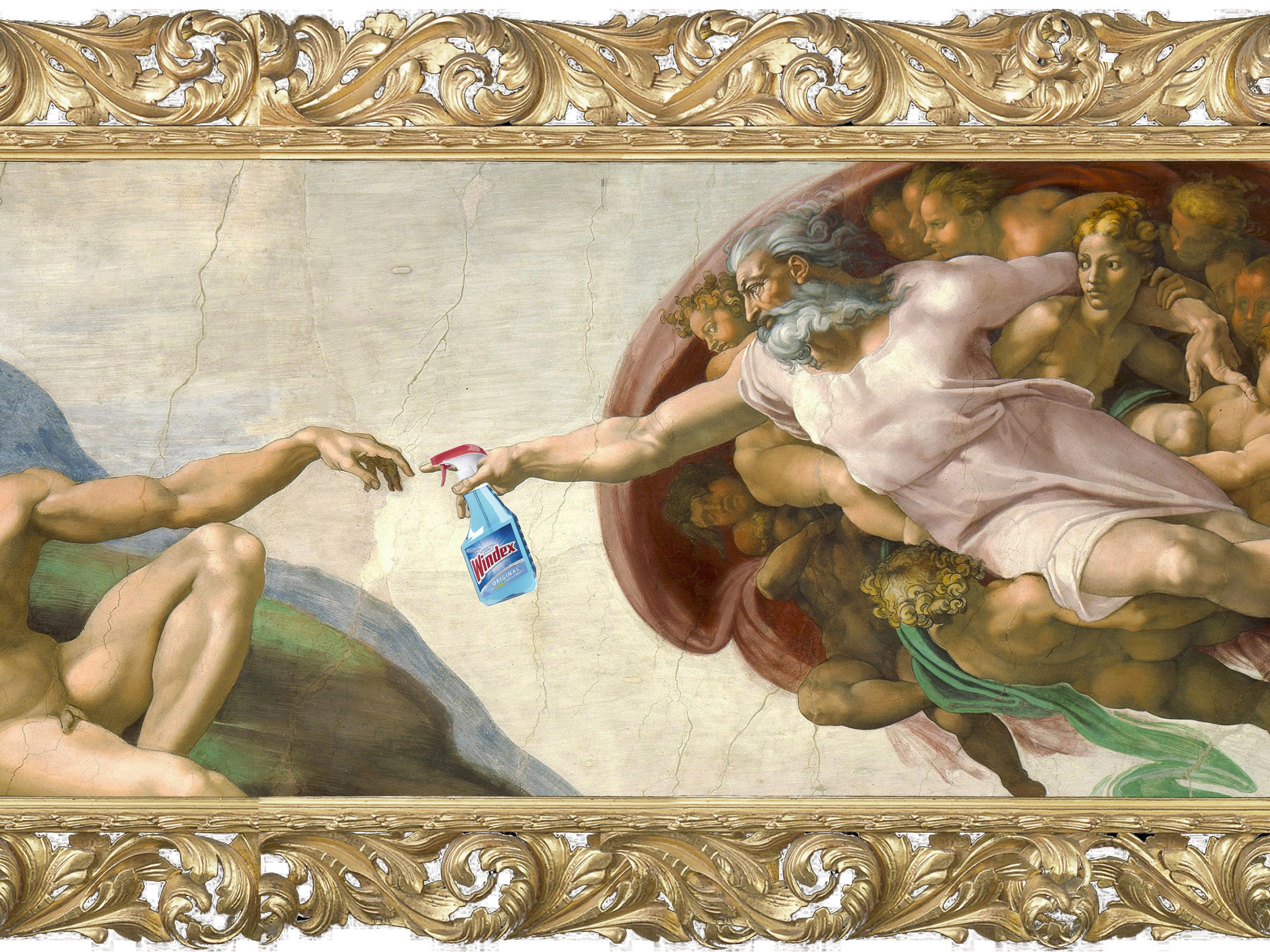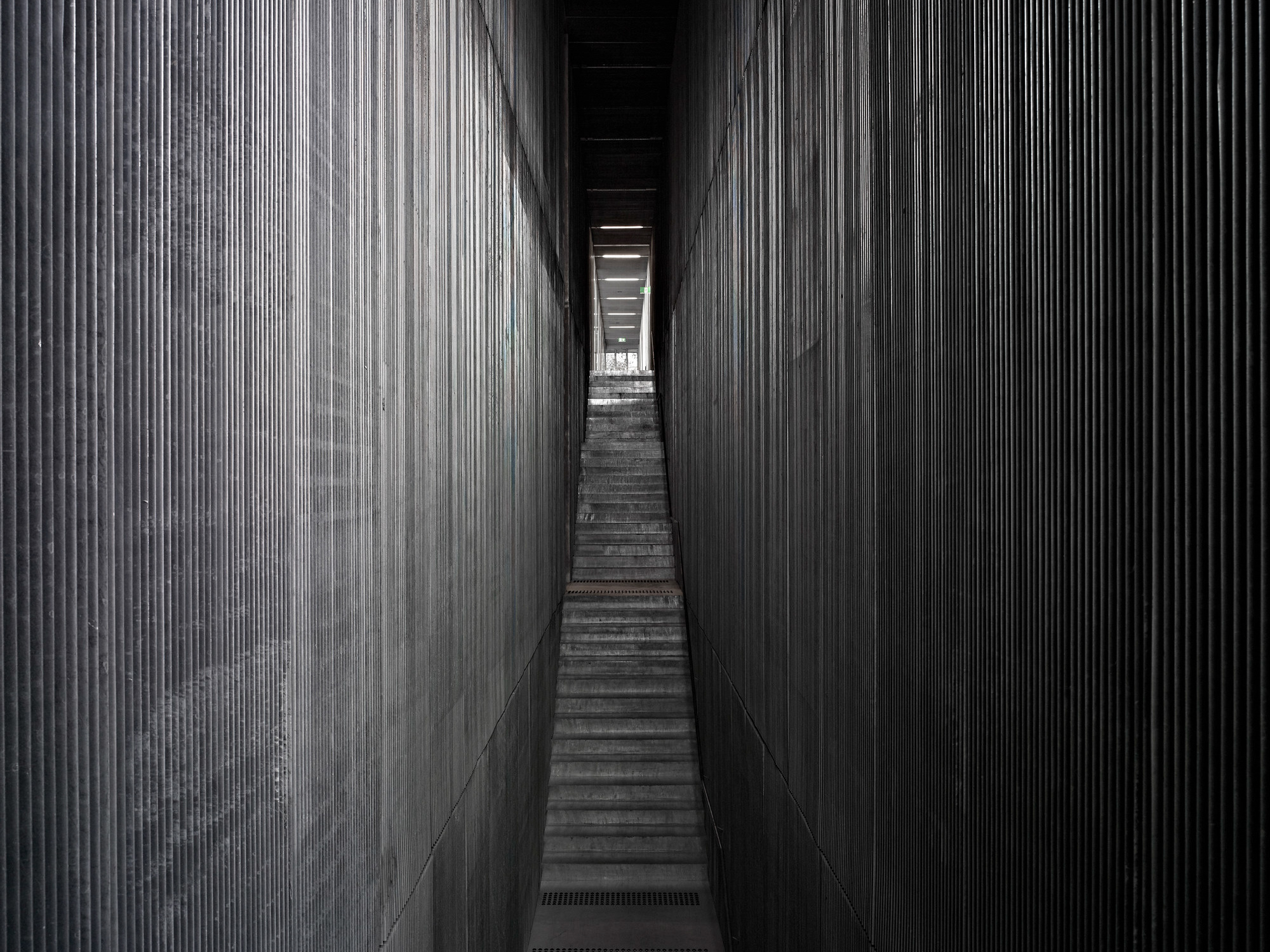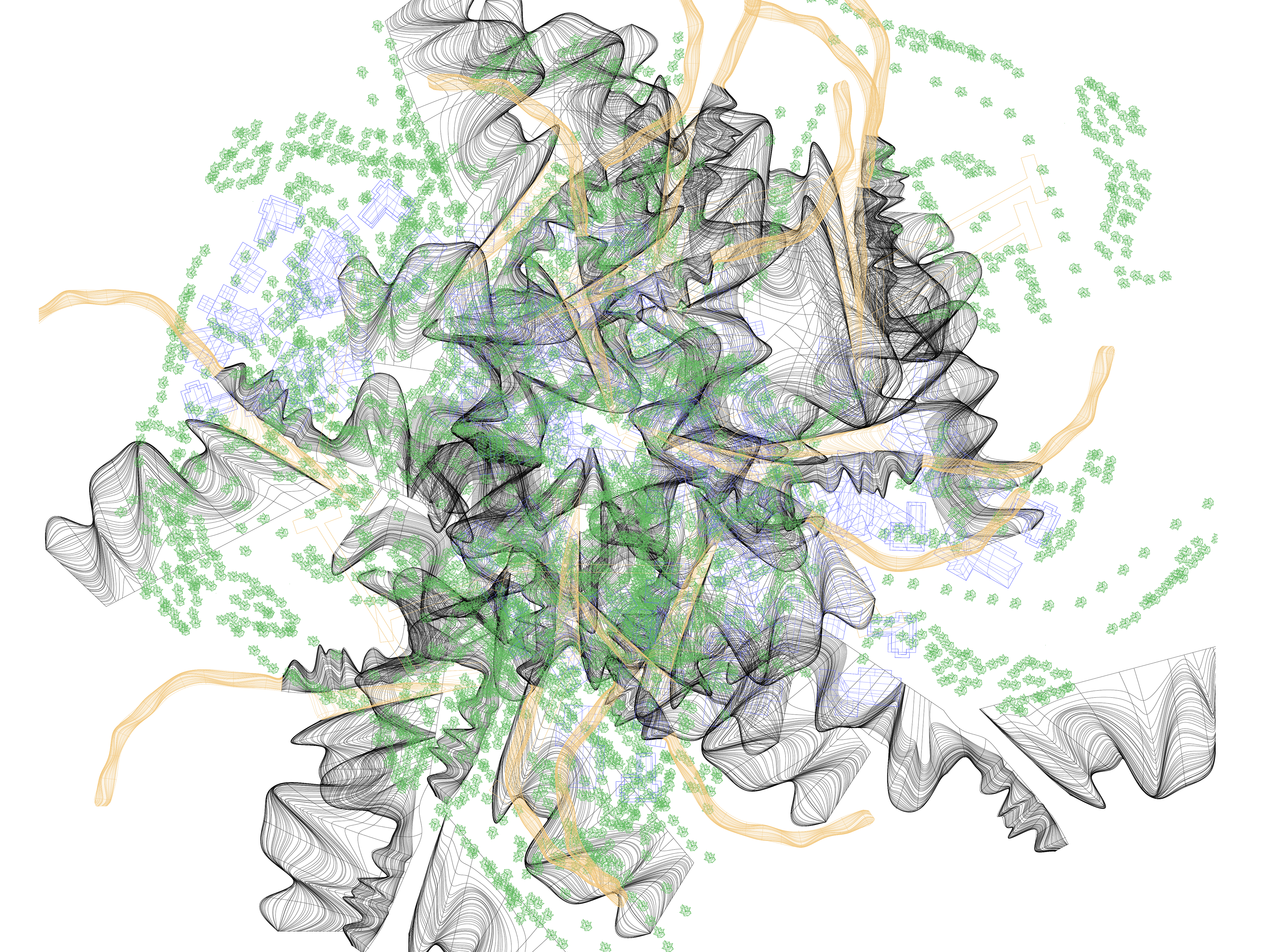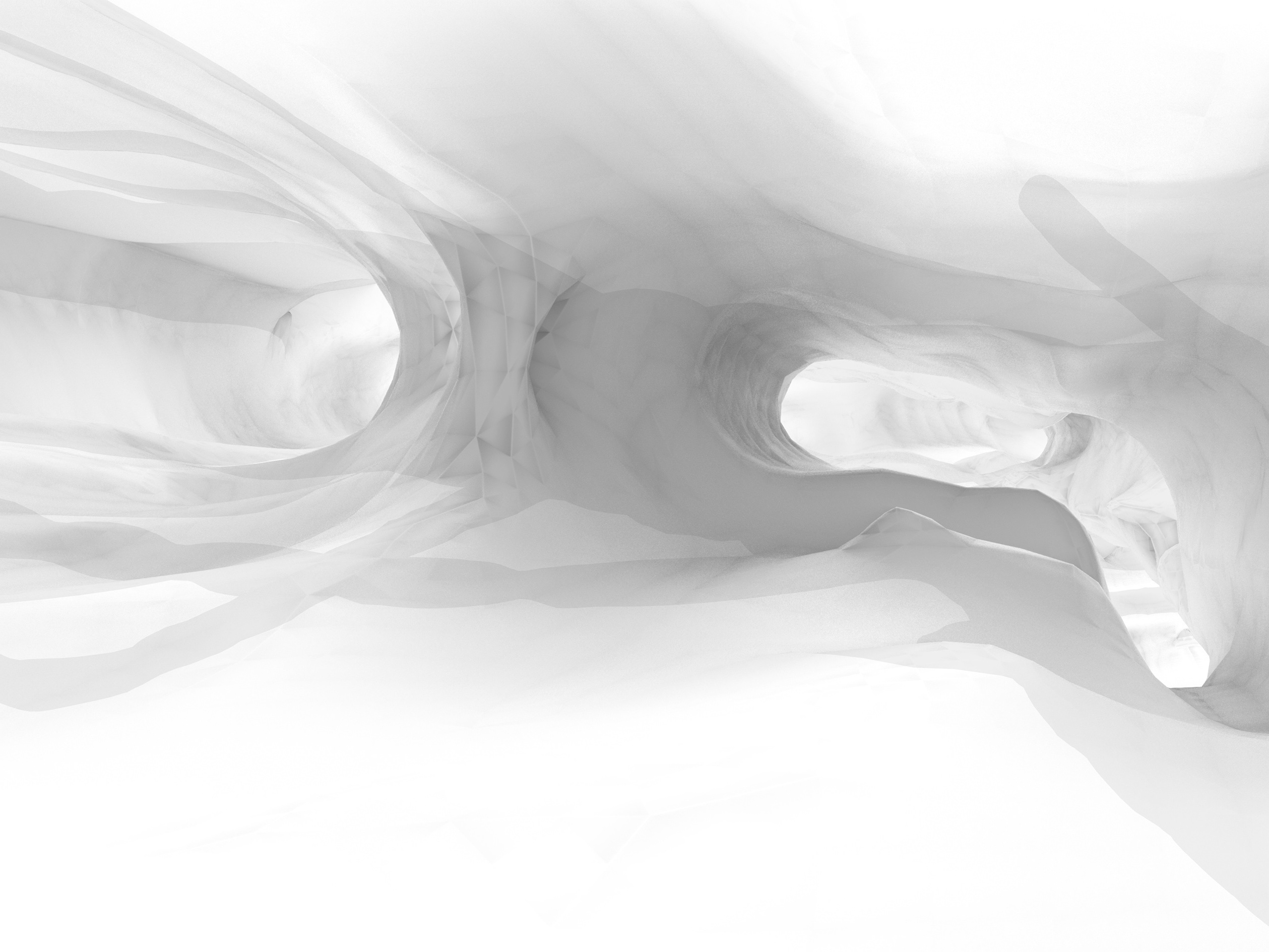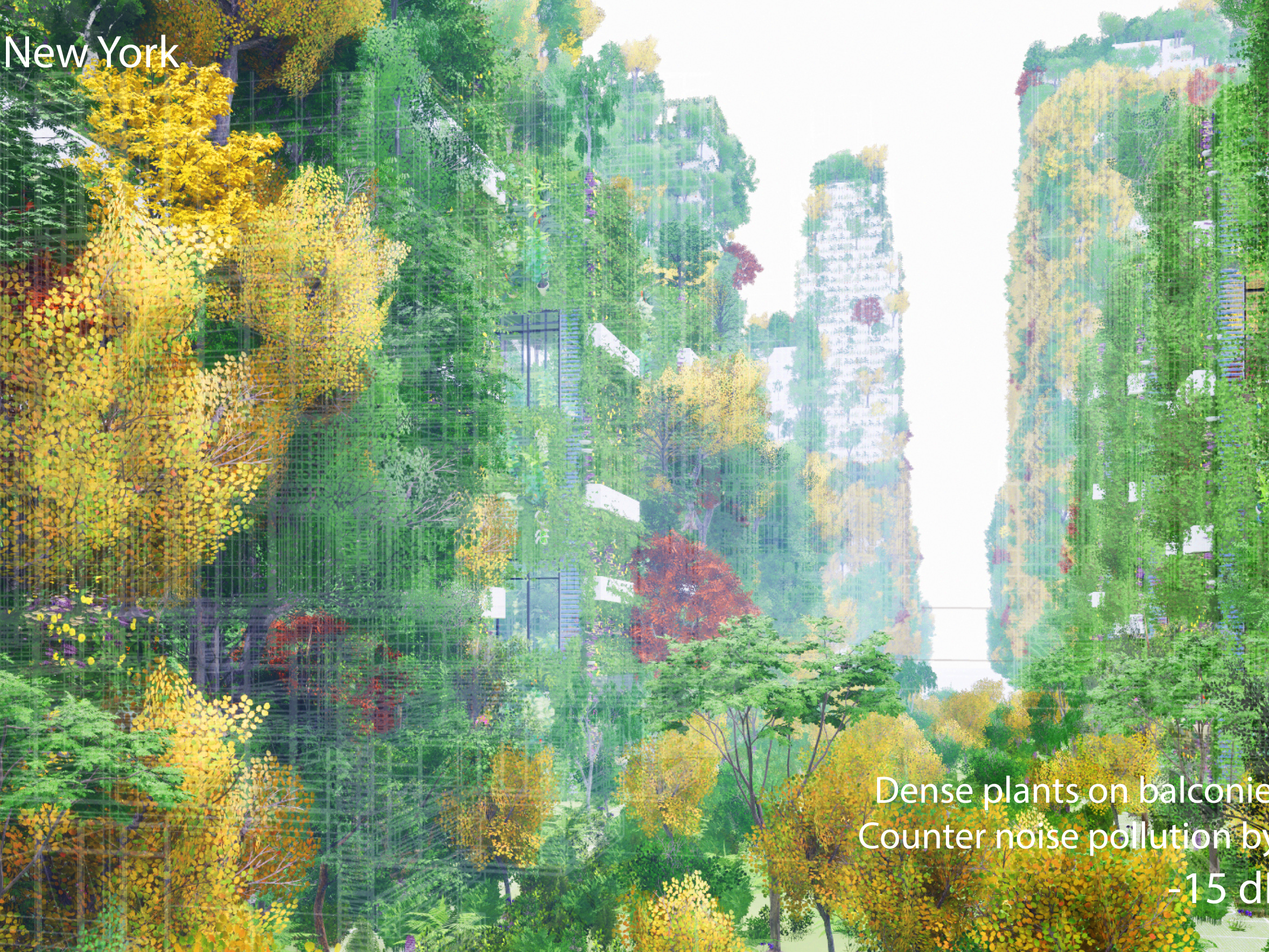Competition: Workplaces for Tomorrow
Organisation: Because Architecture Matters
Involvement: Individual Project
Organisation: Because Architecture Matters
Involvement: Individual Project
Isolation. Overlooking remote coastlines, above the clouds. Connected. The allure of tomorrow beckons a bright sunrise. The central nervous system of the Global Economy stirs as the Freelancers wake. In the near future, our lives will be centred on the Gig Economy. The ever-increasing automation of work has left traditional manufacturing roles obsolete and the ‘creatives’ will take over. Today, one-third of Fortune500 companies employ through freelance platforms such as Upwork (99Firms 2020) and within five years, half of the US working population will turn to freelance (McCue 2020).
The likely chance of viral outbreaks, displaced climate refugees and uninhabitable regions of the earth will increase. The solution is up, disconnect with the land and live in the clouds, here we can work, we can play, and we can allow the planet to heal. Within weeks of Italy’s COVID-19 lockdown, the Venetian canals were clear, not much later jellyfish and dolphins reappeared. The exponential increase in technology means we will never be disconnected. Turn into the skid, do not fight the inevitable, embrace the technology and do not lose sight of aesthetics. The technology of the future will provide the answers, lightweight materials, powerful electromagnets, transportation drones. Our grounded existence will not hold back our flight. Let us ‘leave’ the earth to regenerate and return only to see her flourish.
With our journey to the sky, our love for aesthetics must not be over-powered by our pragmatism. Just as architecture exists currently, we must continue to design and aspire to qualities of the unique. The ideation of a successful repulsion system and innovation in the material industries will allow the designs of our homes to continue their affinity for beauty and inspiration. The perpetuation of unique architecture will cause concurrent satisfaction in the home and the workplace.
A study from Stanford University declares working from home increases efficiency by 13% (Bloom et al. 2014). The conclusion included the congenial nature of home life caused fewer breaks and sick days to be taken and the extension of accessible hours. As the boundary between work and living blurs, the inevitable is a society that works from home and with the innovation of tomorrow, we too will soar, all we must do is take off.
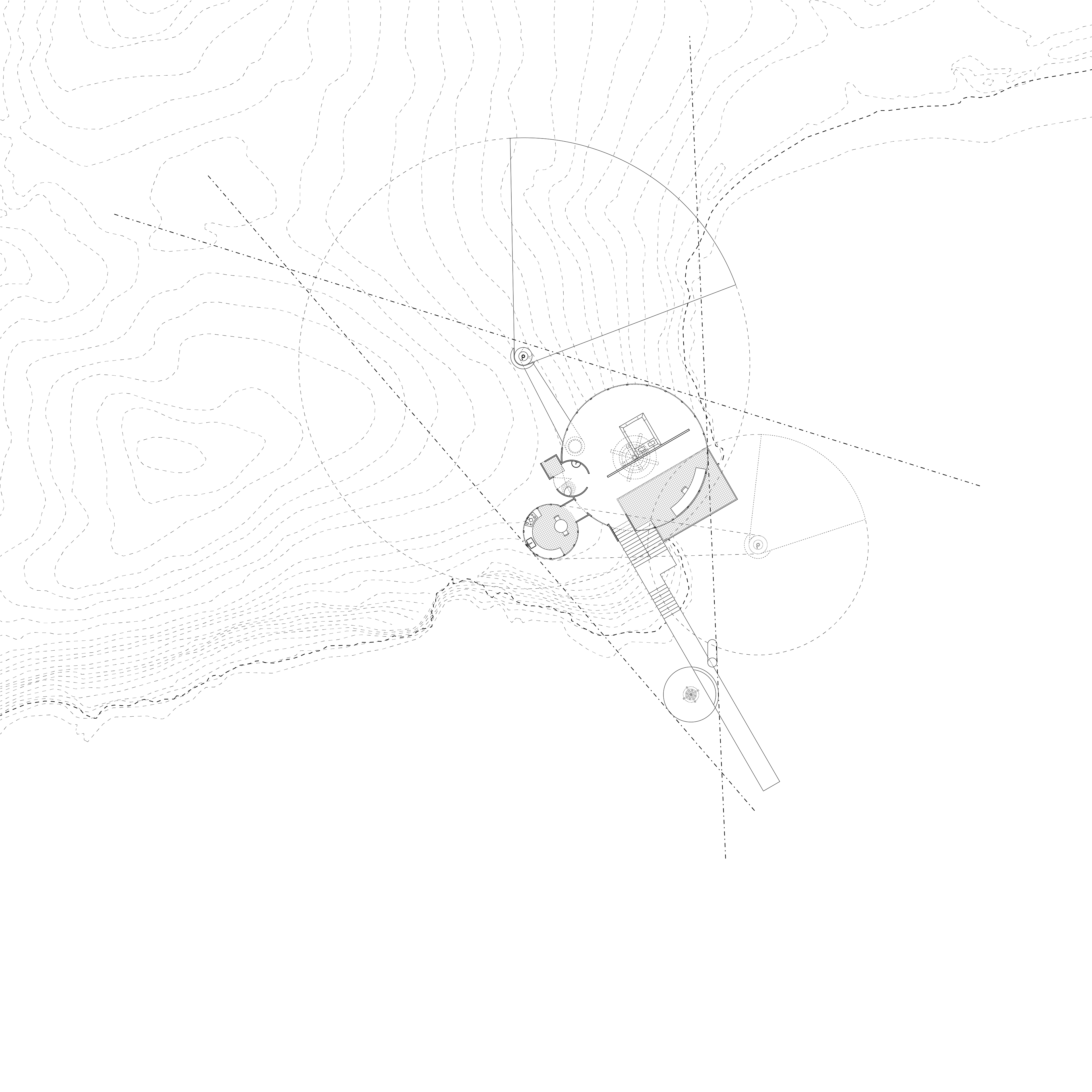
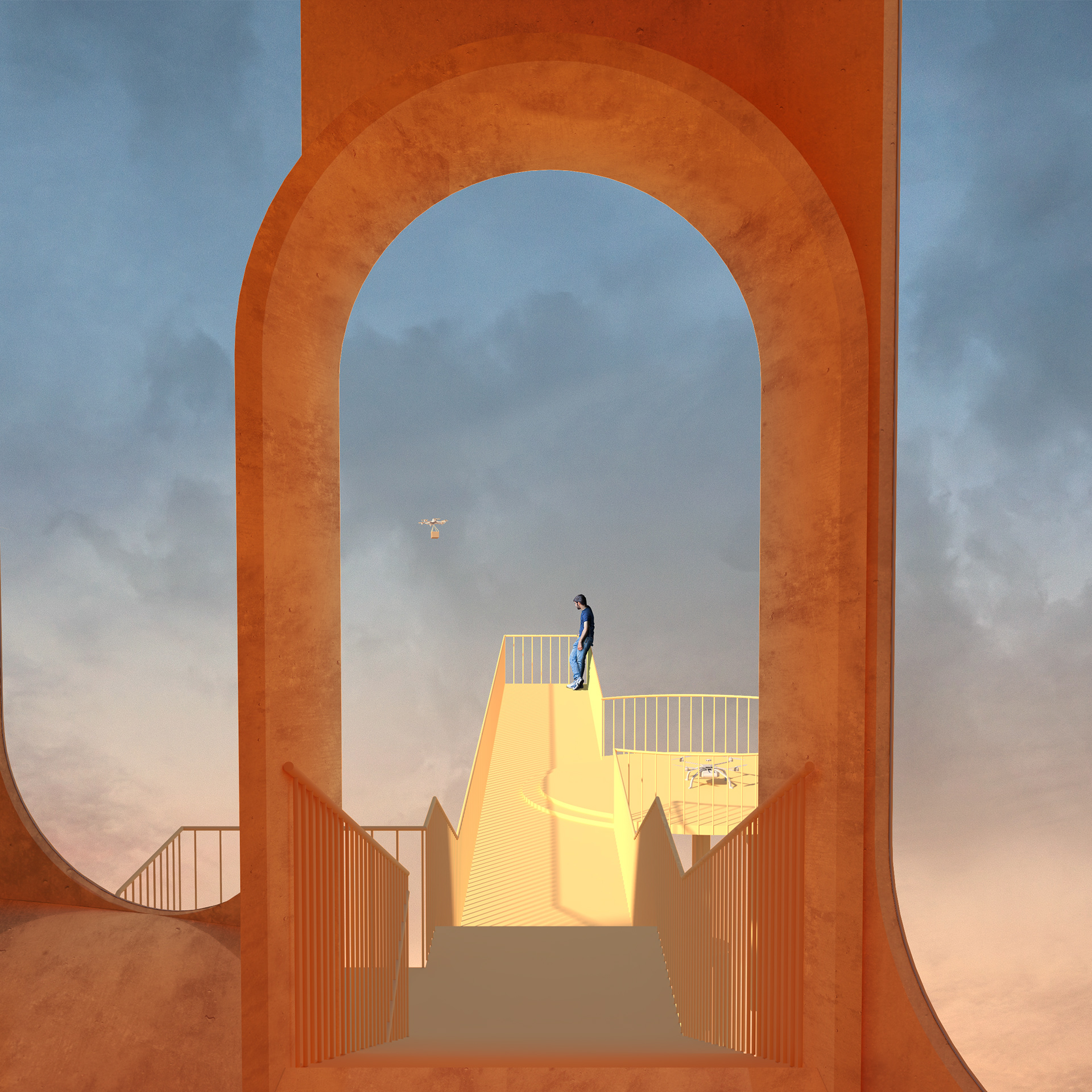
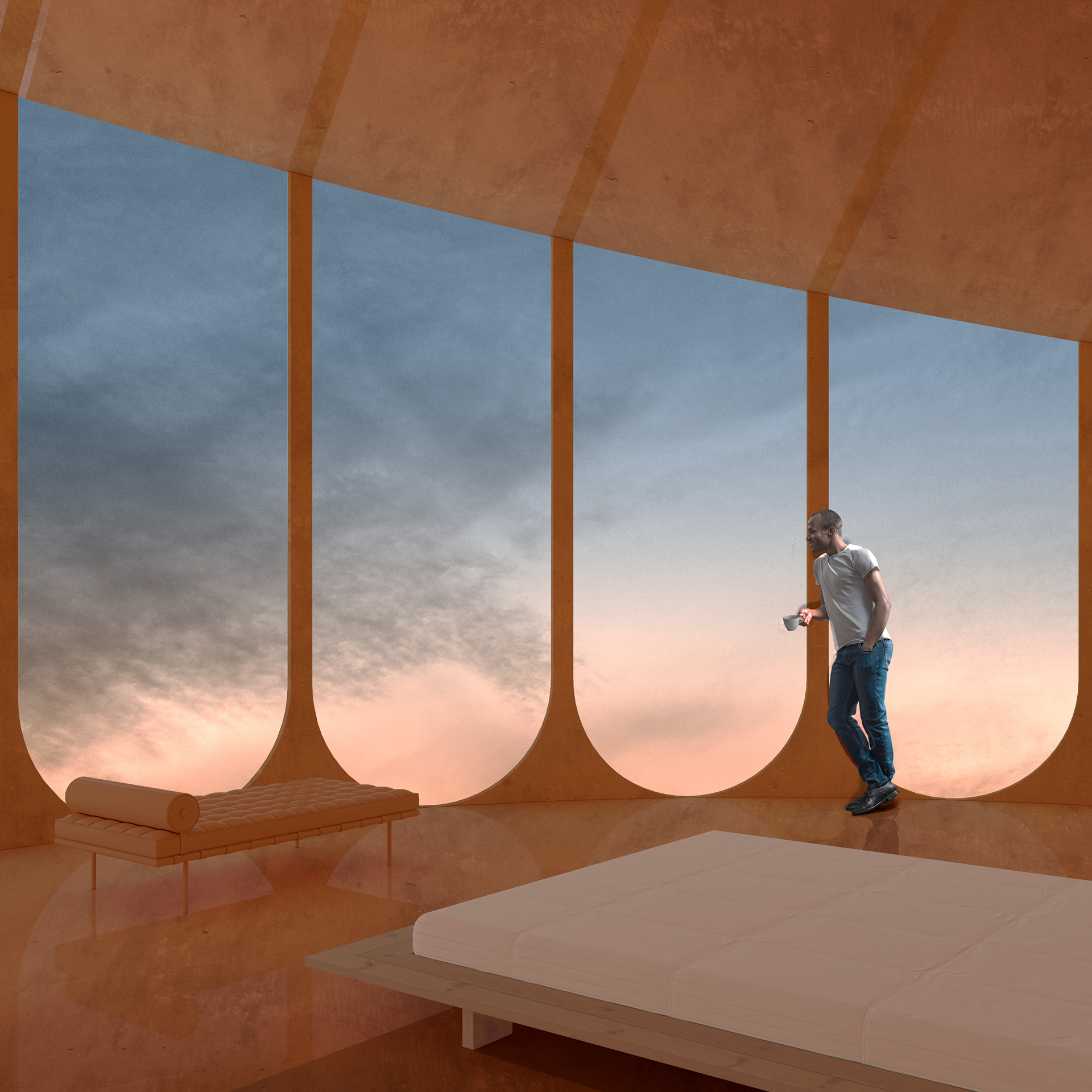
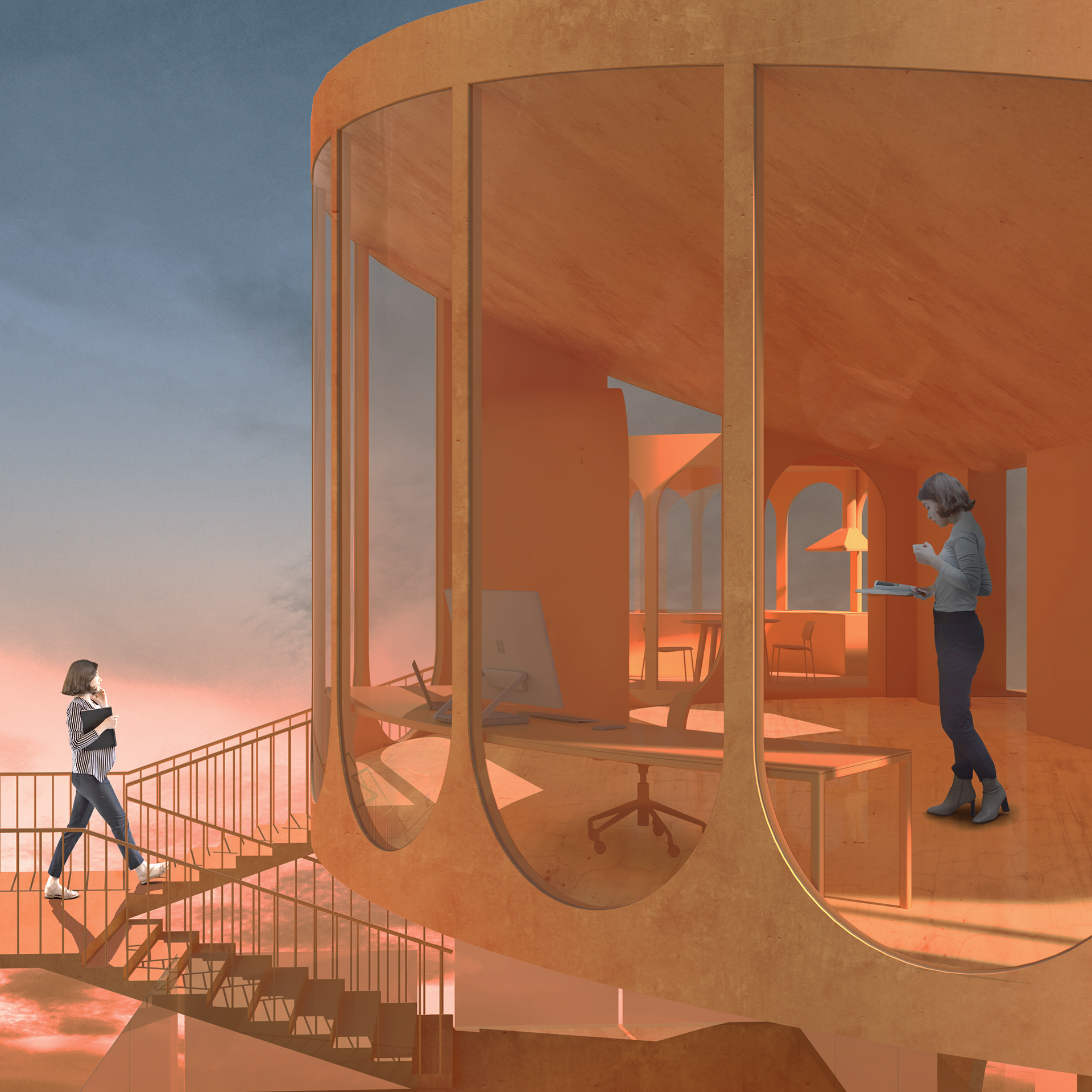
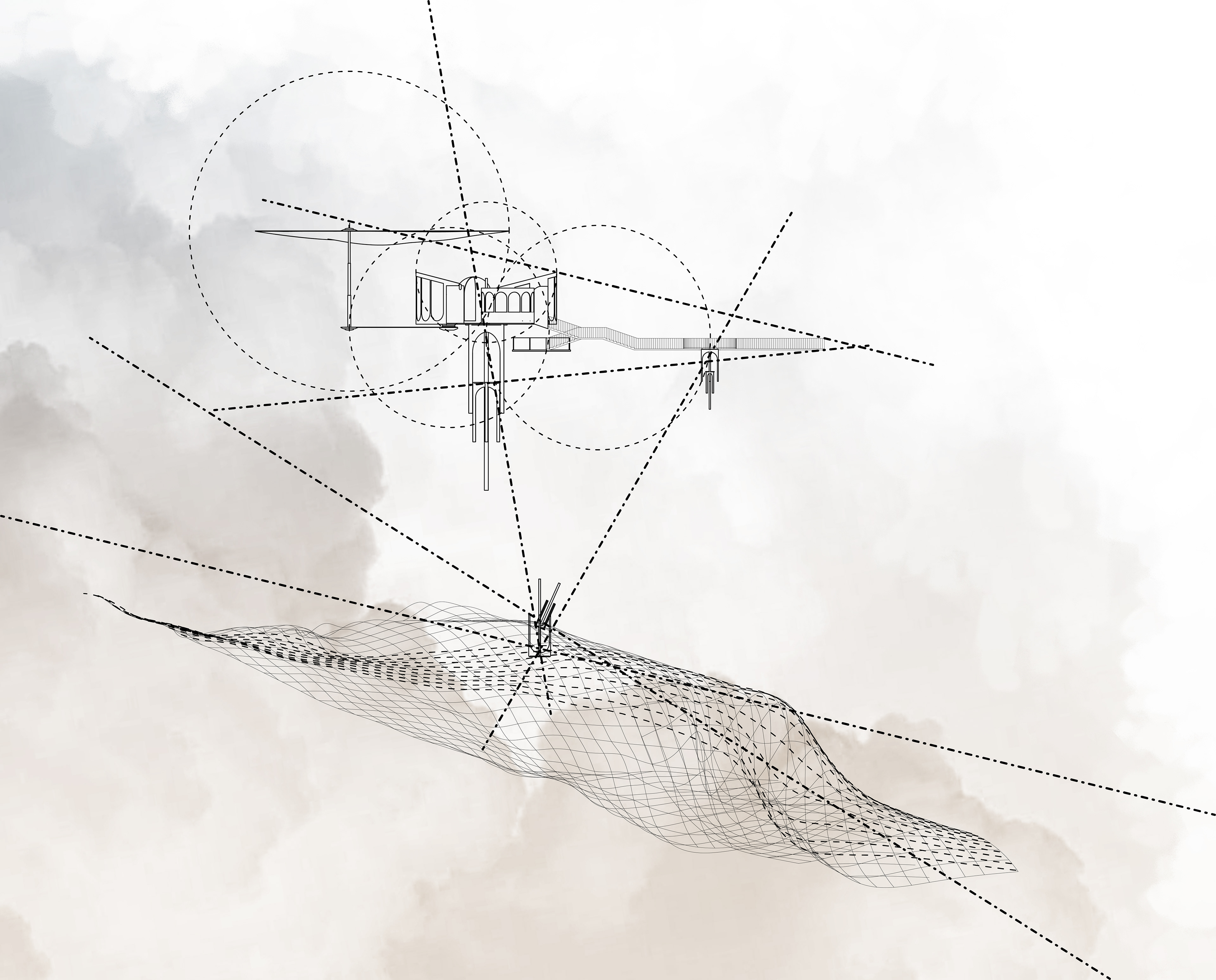
99Firms. 2020. “30+ Freelance Statistics To Be Aware Of In 2020 - 99Firms”. 99Firms.Com. https://99firms.com/blog/freelance-statistics/#gref.
Bloom, Nicholas, James Liang, John Roberts, and Zhichun Jenny Ying. 2014. “Does Working From Home Work? Evidence From A Chinese Experiment*”. The Quarterly Journal Of Economics 130 (1): 165-218. doi:10.1093/qje/qju032.
McCue, TJ. 2020. “57 Million U.S. Workers Are Part Of The Gig Economy”. Forbes. https://www.forbes.com/sites/tjmccue/2018/08/31/57-million-u-s-workers-are-part-of-the-gig-economy/#66dffe3d7118.

